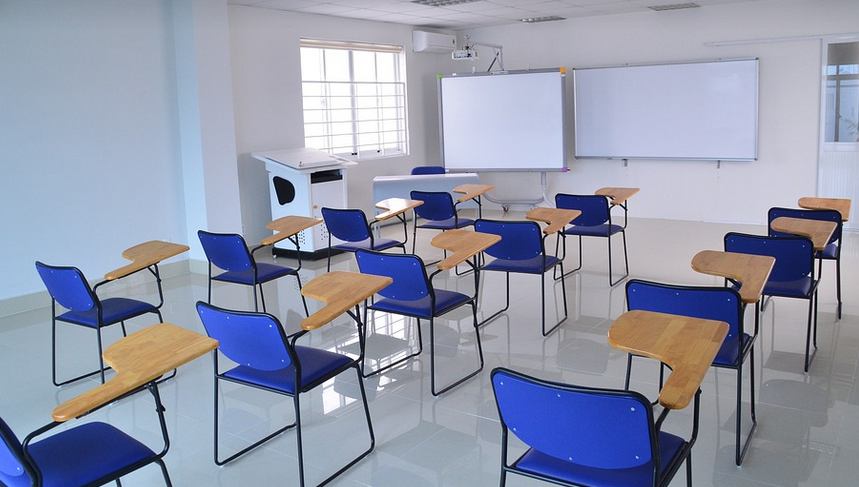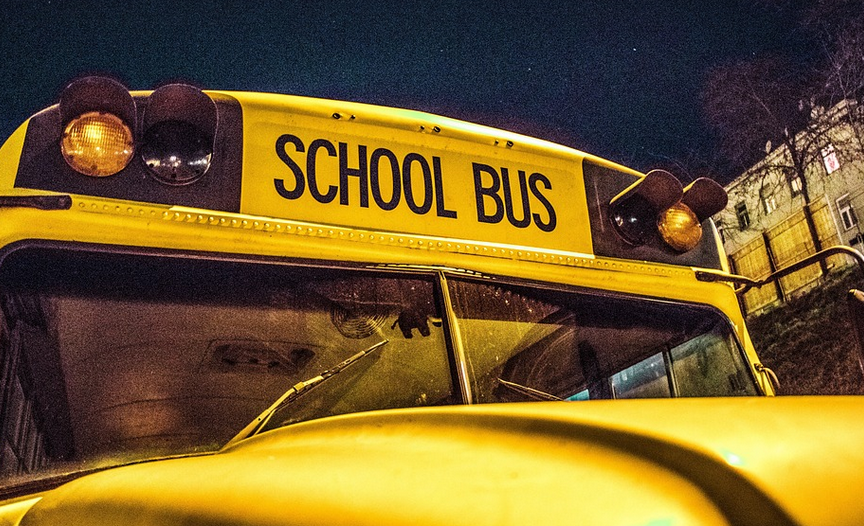
A Look at the Roots of Inequality
American education, often touted as the cornerstone of social mobility and individual potential, stands at a crossroads. We’ve long believed that education is the great equalizer, a pathway to achieving the American Dream. But the reality is far more complex, revealing deep-seated inequalities woven into the fabric of our system.
One undeniable aspect of this stark reality is income inequality. It’s deeply intertwined with school funding, impacting everything from class sizes and teacher resources to access to technology and facilities. Schools in affluent neighborhoods boast modern labs, smaller class sizes, and a higher concentration of qualified teachers. In contrast, schools in predominantly low-income communities often struggle with outdated infrastructure, overcrowded classrooms, and a shortage of experienced educators.
This stark disparity creates an uneven playing field from the start. Students attending schools in wealthier neighborhoods are better equipped to excel academically, thanks to better resources and opportunities for personal growth. They gain access to specialized programs, advanced courses, and early exposure to higher education pathways. These advantages contribute significantly to their academic success and future prospects.
On the other hand, students from disadvantaged backgrounds face numerous challenges. They often lack the foundational support needed to succeed in school. Food insecurity, language barriers, emotional instability, and limited access to healthcare can create significant obstacles to learning. These factors compound each other, creating a vicious cycle that perpetuates inequality across generations.
Bridging the Gap: Addressing Systemic Inequities
To truly empower all students for a brighter future, we need to address these systemic inequalities head-on. The focus should shift from simply treating symptoms to tackling the root causes of educational disparities. This requires a multi-pronged approach that focuses on equitable access to quality education and opportunities.
One crucial avenue for reform is increasing funding for public schools, especially those serving predominantly low-income communities. This involves allocating resources efficiently to support teachers, provide adequate learning materials, and expand after-school programs that focus on enrichment and character development. By addressing the foundation of inequalities, we can create a level playing field where all students have an equal chance to succeed.
Another critical step is tackling the issue of teacher shortages. The lack of qualified educators, especially in high-need schools, exacerbates existing inequality and undermines educational efforts. To address this, we must offer competitive salaries, benefits packages, and professional development opportunities that attract talented individuals to under-resourced communities.
Furthermore, the focus should shift from standardized testing to a more holistic approach to learning that emphasizes critical thinking skills, creativity, problem-solving abilities, and adaptability. Developing these skills will equip students with the tools they need to thrive in an ever-evolving world and adapt to the challenges of the future. This shift requires investment in innovative curriculum development and pedagogical practices.
Empowering Students: Cultivating Social Justice
Beyond addressing the systemic failures that perpetuate inequality, education can also play a critical role in empowering students to become agents of social change. By fostering an inclusive learning environment where each student feels valued and heard, we can cultivate their potential for leadership and activism.
Integrating social-emotional learning (SEL) into the curriculum empowers students with emotional intelligence skills like self-awareness, empathy, resilience, and communication. These skills are crucial in understanding diverse perspectives, building healthy relationships, navigating conflict resolution, and ultimately contributing to a more just and equitable society.
Through critical thinking and civic engagement initiatives, students can develop the knowledge and skills necessary to advocate for social change. From participating in school-wide campaigns that address local issues like hunger or homelessness to engaging in debates about important topics like environmental sustainability, they can learn to see their communities as spaces ripe with opportunities for impactful change.
Encouraging students to develop their voices and advocate for policies that promote equity and justice is vital. By fostering understanding and empathy, we empower them to become part of the solution, not just victims of social injustices. This empowers them to be agents of change in their communities and beyond.
Looking Ahead: A Call to Action
The challenges facing American education are complex and multifaceted. However, by confronting these issues head-on, we can lay the foundation for a more equitable and just future. The journey towards achieving true educational equity requires sustained effort, collaboration, and unwavering commitment from all stakeholders—students, parents, educators, policymakers, and the wider community.
Investing in our children is an investment in humanity’s future. Let us remember that education is not just about preparing minds for a job; it’s about empowering individuals to contribute to building a better society for all. By working together, we can rewrite the narrative of inequality and usher in a world where every child has the opportunity to reach their full potential.




